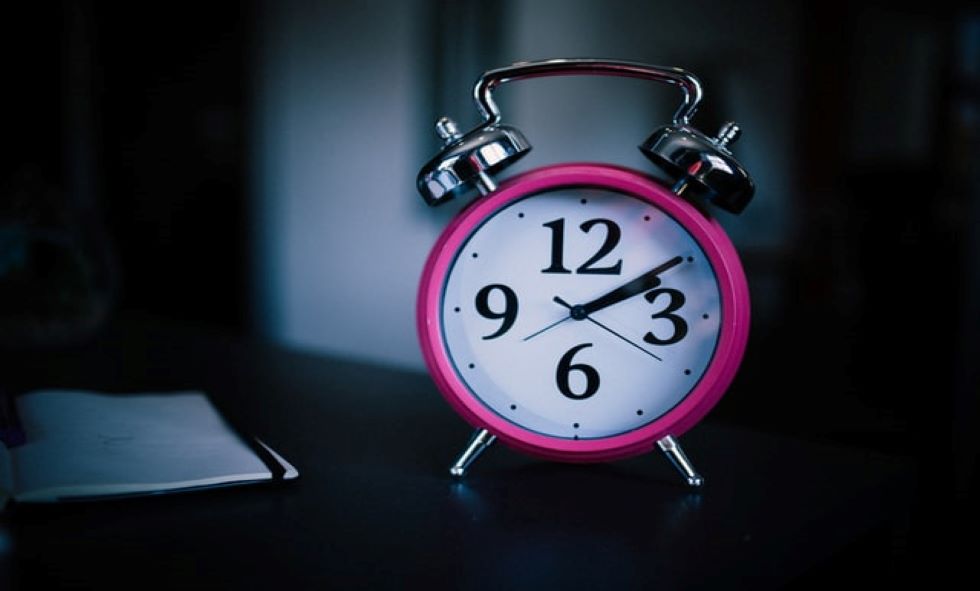Keeping a good sleep schedule can be hard enough on its own. Throughout the day, people often consume things like caffeine, sugar and technology without even thinking how it impacts them. These add up and can cause sleeping at night to be more difficult. But when you add in Daylight Savings Time (DST), sleeping can become even more difficult at the end of the day. Whether you have a hard time falling asleep, staying asleep or feeling well rested, read on to find out how you can help improve your sleep
The Benefits Of Sleeping
While this may seem obvious, you may not know all of the ways your sleep schedule affects you and your ability to go about your daily activities. For example, most adults need at least 7 hours of sleep at night to be considered a healthy amount. If you’re not hitting that consistently, you are putting yourself at risk of certain medical conditions, such as poor mental health and high blood pressure. Not getting enough sleep can also lead to things like a lessened ability to pay attention and changes in mood. Sleeping late and getting up early may just be a part of your daily life by this point, but you could be seriously affecting your own health by not giving your body the rest and time to recharge itself that it needs.
Tips To Improve Your Sleep
No Electronics Before Bed
Watching a movie, scrolling through your phone or talking with friends may be how you wind down for the night, but the blue light that comes from your television or phone/tablet may be negatively affecting your body’s ability to fall asleep effectively. Try taking a technology break before bed.
Avoid Caffeine, Alcohol and Nicotine
Most people love a cup of coffee or tea in the morning and a glass of wine to end their day. Smoking a cigarette could also be a part of your evening routine. However, studies show that consuming any of these substances even hours before bedtime could disrupt your body’s sleep cycle by delaying your sleep or even waking you up through cravings.
Being Consistent
Setting yourself a time to be in bed may be a key part in making sure you get the sleep your body needs. Try going to bed at the same time every night and waking up the same time every morning, even on the weekends. You may notice you have an easier time winding down and falling asleep when you need it.
Regular Exercise
Fitting both sleep and exercise in your busy schedule can seem scary, but having enough sleep and exercise in your routine can help you accomplish both! Being well-rested helps heal your body after workouts and prepares you for the next day, and getting approximately 150 minutes of exercise throughout the week is recommended for adults to improve sleeping habits.
If you are experiencing severe issues with your sleep schedule that simple routine changes cannot help, or if you’re concerned about your sleeping habits, please contact our CCMH Center for Sleep Medicine. Our experts would love to help you! Call (580) 250-0988 to make an appointment.
Disclaimer
The Comanche County Memorial Hospital website does not provide specific medical advice for individual cases. Comanche County Memorial Hospital does not endorse any medical or professional services obtained through information provided on this site, articles on the site or any links on this site.
Use of the information obtained by the Comanche County Memorial Hospital website does not replace medical advice given by a qualified medical provider to meet the medical needs of our readers or others.
While content is frequently updated, medical information changes quickly. Information may be out of date, and/or contain inaccuracies or typographical errors. For questions or concerns, please contact us at contact@ccmhhealth.com.
Sources:
Sleep Foundation. https://www.sleepfoundation.org/how-sleep-works/why-do-we-need-sleep

